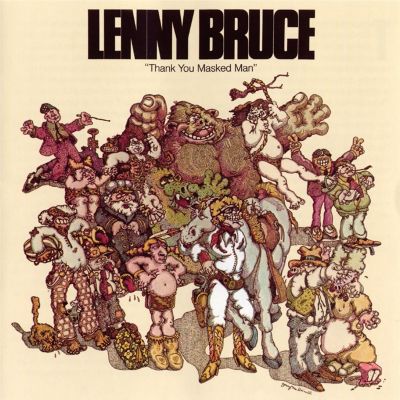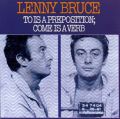
AllMusic Rating
User Rating (0)
Your Rating
Release Date
1972Duration
42:51Genre
Styles
Discography Timeline
See Full Discography
American (1960)
Live at the Curran Theater (1961)
The Carnegie Hall Concert (1961)
Lenny Bruce Is Out Again (196?)
Live: Busted (1995)
Live: San Francisco 1966 (2005)










